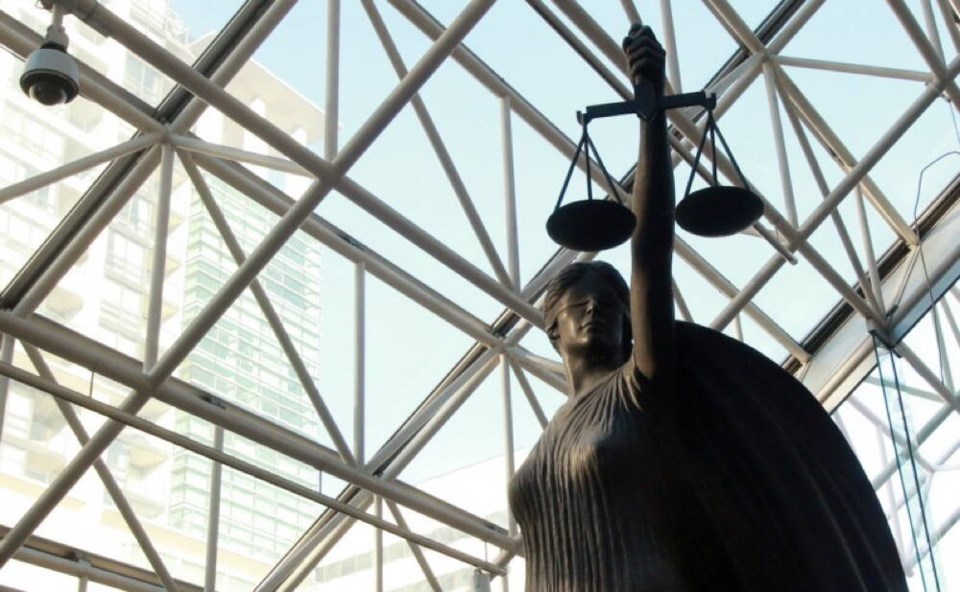A man has won his application to have a publicly funded lawyer appointed in the appeal of his sentence for committing arson on Wei Wai Kum First Nation land.
Eddy Walter Cliffe had based his appeal on having already been punished by the Campbell River-area nation, which banished him from the reserve.
He argued that further legal action amounts to “double jeopardy” — being tried for the same crime twice.
Cliffe was sentenced on Oct. 1, 2021 to 21 months in jail, followed by 18 months probation, after pleading guilty to setting his house on fire with his mother on June 25, 2019.
He was banished from the reserve for six months starting in July 2019.
A summary of the February Court of Appeal of B.C. judgment in Cliffe’s case said his request for a publicly funded lawyer in appealing his conviction was denied, but that the appeal of the sentence is “arguable” and a lawyer has been appointed to represent him.
The judgment said the link between the banishment order and a Criminal Code sentence “raises issues of sufficient complexity” to support Cliffe having publicly funded counsel.
But Justice John Hunter said in the decision he has “grave doubts” about basing a double-jeopardy defence on a banishment order. “Mr. Cliffe argues that both the banishment and the arson charge arose from the same conduct, and accordingly once he was punished by way of banishment he cannot be again through the criminal law,” the judgment said.
“The consequence of this argument is that a serious crime could not be prosecuted against an Indigenous offender if before charges could be brought the offender received a banishment order authorized by an internal rule of the Nation.”
No date for his appeal was indicated in the judgment.
According to a February decision by the Court of Appeal of B.C., prior to the arson, Cliffe had defaulted on the home’s mortgage and was served with an eviction notice by the nation.
Cliffe bought gasoline soon after he confirmed with the chief that the eviction was going ahead the next day, court documents say. Cliffe and his mother then poured gasoline on the house after removing some of their belongings, and he handed her a match to light the fire.
He had talked to a neighbour earlier about burning down the house and asked if he should let his mother take the blame, then called the chief afterward to say his mother had started the fire and he had tried to stop her, court documents say.
Both mother and son were eventually charged and both pleaded guilty.
>>> To comment on this article, write a letter to the editor: [email protected]



